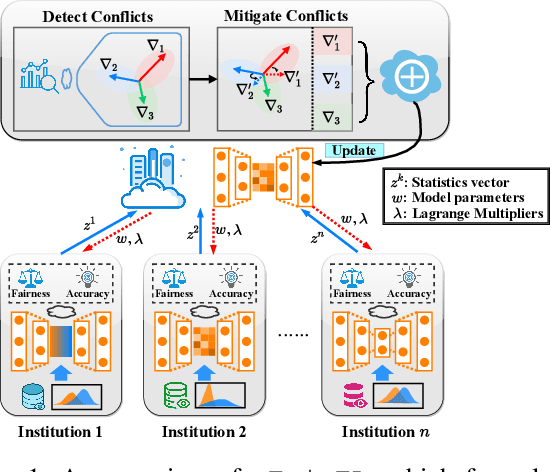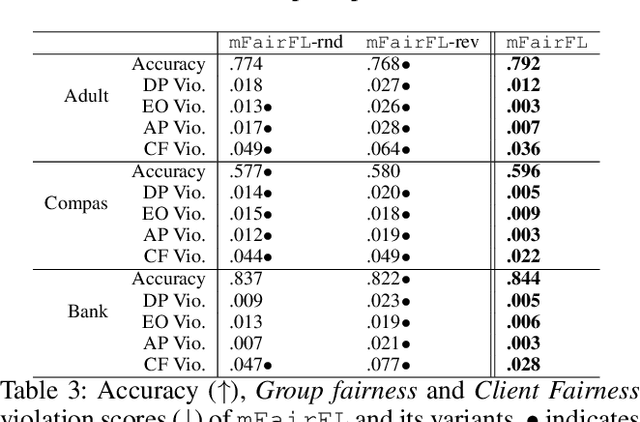Qingzhong Li
Sim-MSTNet: sim2real based Multi-task SpatioTemporal Network Traffic Forecasting
Jan 29, 2026Abstract:Network traffic forecasting plays a crucial role in intelligent network operations, but existing techniques often perform poorly when faced with limited data. Additionally, multi-task learning methods struggle with task imbalance and negative transfer, especially when modeling various service types. To overcome these challenges, we propose Sim-MSTNet, a multi-task spatiotemporal network traffic forecasting model based on the sim2real approach. Our method leverages a simulator to generate synthetic data, effectively addressing the issue of poor generalization caused by data scarcity. By employing a domain randomization technique, we reduce the distributional gap between synthetic and real data through bi-level optimization of both sample weighting and model training. Moreover, Sim-MSTNet incorporates attention-based mechanisms to selectively share knowledge between tasks and applies dynamic loss weighting to balance task objectives. Extensive experiments on two open-source datasets show that Sim-MSTNet consistently outperforms state-of-the-art baselines, achieving enhanced accuracy and generalization.
Multi-dimensional Fair Federated Learning
Dec 09, 2023



Abstract:Federated learning (FL) has emerged as a promising collaborative and secure paradigm for training a model from decentralized data without compromising privacy. Group fairness and client fairness are two dimensions of fairness that are important for FL. Standard FL can result in disproportionate disadvantages for certain clients, and it still faces the challenge of treating different groups equitably in a population. The problem of privately training fair FL models without compromising the generalization capability of disadvantaged clients remains open. In this paper, we propose a method, called mFairFL, to address this problem and achieve group fairness and client fairness simultaneously. mFairFL leverages differential multipliers to construct an optimization objective for empirical risk minimization with fairness constraints. Before aggregating locally trained models, it first detects conflicts among their gradients, and then iteratively curates the direction and magnitude of gradients to mitigate these conflicts. Theoretical analysis proves mFairFL facilitates the fairness in model development. The experimental evaluations based on three benchmark datasets show significant advantages of mFairFL compared to seven state-of-the-art baselines.
Towards AI-Empowered Crowdsourcing
Dec 28, 2022Abstract:Crowdsourcing, in which human intelligence and productivity is dynamically mobilized to tackle tasks too complex for automation alone to handle, has grown to be an important research topic and inspired new businesses (e.g., Uber, Airbnb). Over the years, crowdsourcing has morphed from providing a platform where workers and tasks can be matched up manually into one which leverages data-driven algorithmic management approaches powered by artificial intelligence (AI) to achieve increasingly sophisticated optimization objectives. In this paper, we provide a survey presenting a unique systematic overview on how AI can empower crowdsourcing - which we refer to as AI-Empowered Crowdsourcing(AIEC). We propose a taxonomy which divides algorithmic crowdsourcing into three major areas: 1) task delegation, 2) motivating workers, and 3) quality control, focusing on the major objectives which need to be accomplished. We discuss the limitations and insights, and curate the challenges of doing research in each of these areas to highlight promising future research directions.
 Add to Chrome
Add to Chrome Add to Firefox
Add to Firefox Add to Edge
Add to Edge